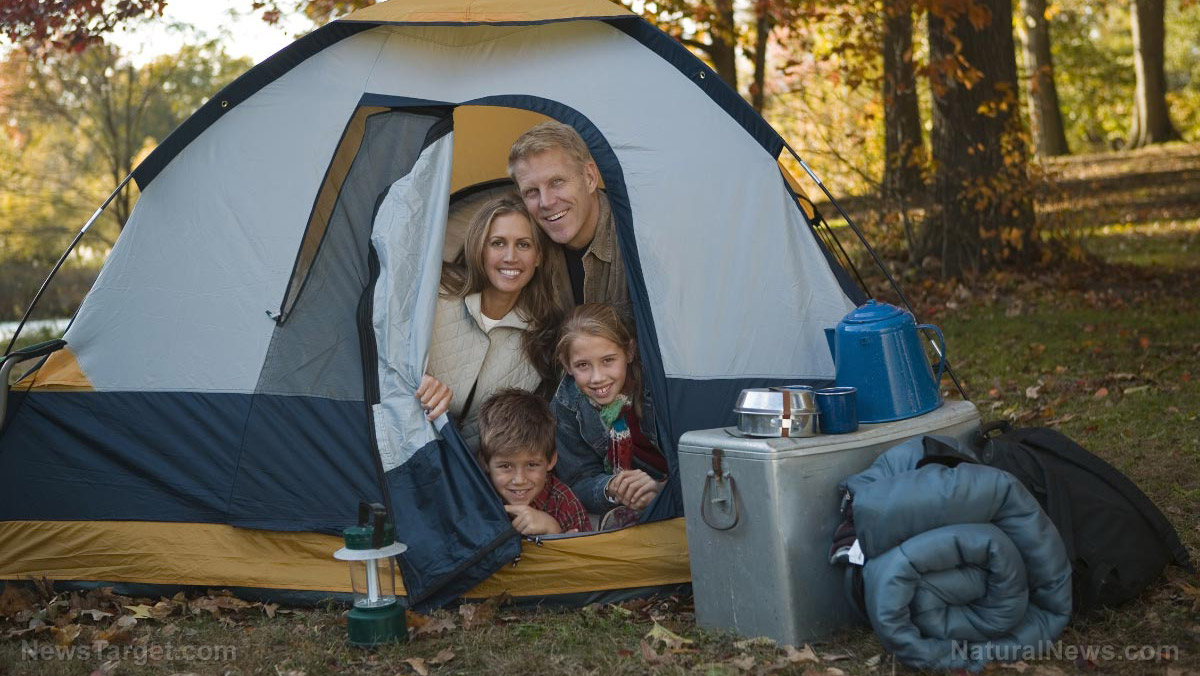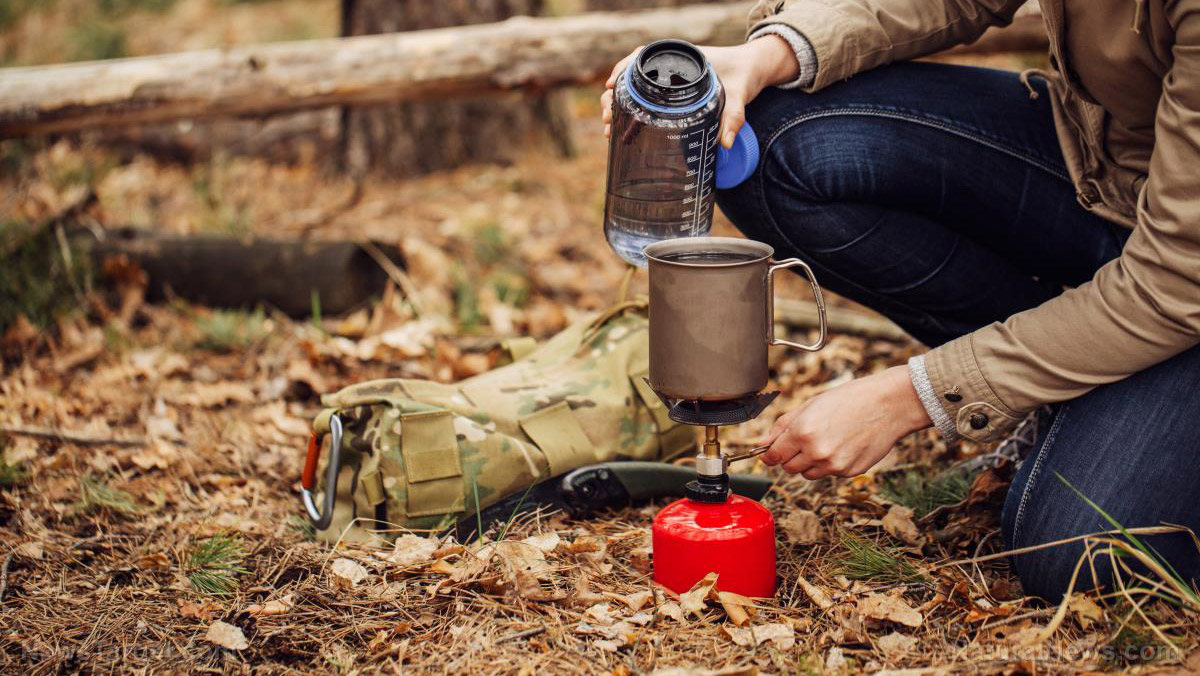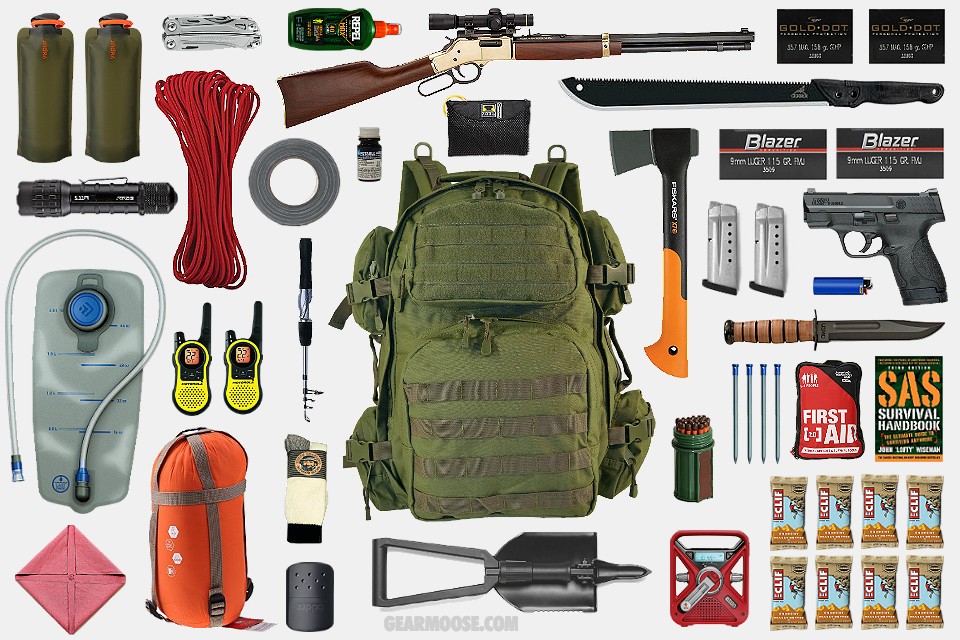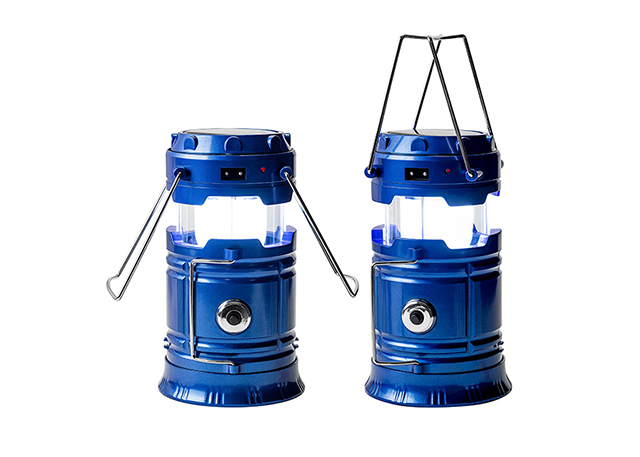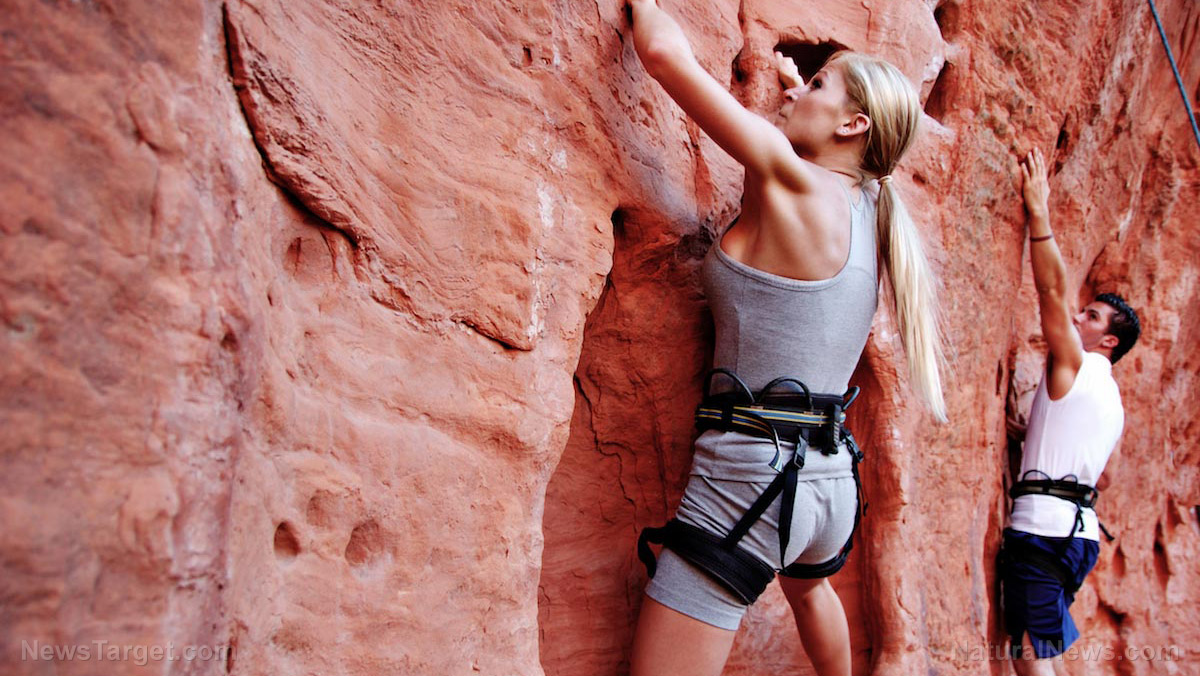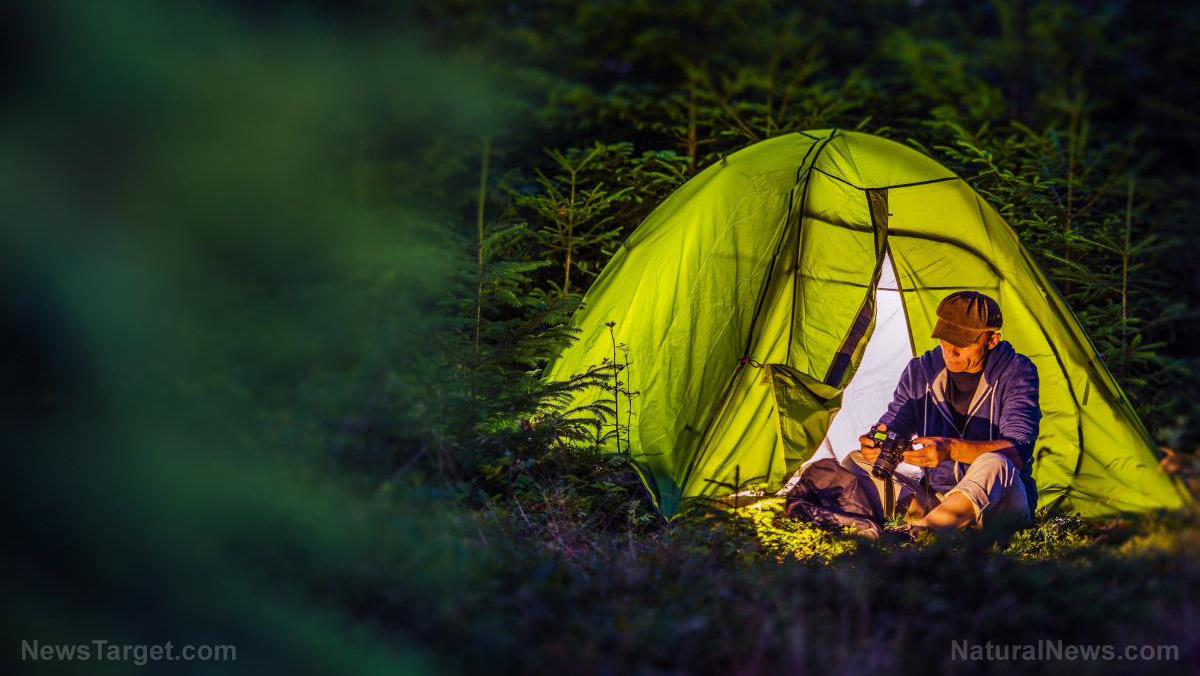Your guide to camping supplies: Determining what is essential
By Rita Winters // Jan 17, 2018
TAGS: camping gear, camping supplies, camping tips, essential gear, Gear, hiking gear, hiking supplies, outdoor gear, outdoor supplies, outdoors, preparedness, prepping, survival gear, survivalist
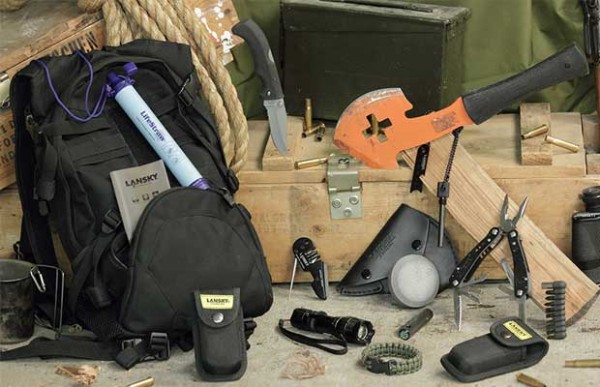
When camping, you only bring what is necessary. The excess weight from unnecessary gear throws you off balance (literally), and slows you down during those long treks to the campsite. Furthermore, with only the essentials, you will be able to appreciate nature and everything it has to offer. Nature can provide you with everything you basically need, but sometimes, it's also good to consider comfort.
Here are some tips to consider when packing for that weekend camping trip.
- Shelter – The main reason for camping is to escape the frenzy of city life. But you wouldn't want to sacrifice some of the comforts of urban living, such as having shelter. Tents are a necessity when it comes to unwinding in the wild, since they serve as a protection from the natural elements such as rain, wind, and intense heat. Furthermore, you'll have a place to keep your perishable goods away from scavenging animals (and strangers).
- Rest – Not everyone can take the rough and lie on bare ground, so it's good to have a sleeping bag on hand. These sleeping bags serve as climate control for your body, especially during the colder seasons of the year. It can also protect you from unwanted insect bites, and keep you safe from snakes and other stinging or biting animals.
- Clothes and towels – If you're going on an overnight trip, consider bringing another set of clothes. Even if you're not planning to bathe in a river or stream, having another set of clothes helps, especially when you make an accidental spill, or snag your shirt on a tree branch and tear it. If you're bringing kids, then bringing extra clothes is a necessity. Towels can be used to wipe down wet items, including a sweaty forehead after meeting a bear.
- Dining utensils – You wouldn't want to eat on a leaf, right? Well, thank the makers for collapsible dining ware. Outdoor gear stores usually have a stock of collapsible drinking cups, foldable silicon plates, and retractable spoons and forks (or sporks) for your camping needs. You'd want to save space in your backpack as much as possible, and these handy-dandy items are exactly what you need so you wouldn't have to carve your own plates and utensils out of a log.
- Lighting – It isn't that easy to make a campfire, especially if you don't do it often. This is where lighters and flints come in handy. Simply gather some tinder and some dry logs, and with the click of a lighter – voila – you have fire. Fires are good for keeping animals away from your campsite, and for keeping you warm and cozy. You can heat food over it, and boil some of the water you collected from a nearby stream. However, you can't have fire inside your tent, so consider getting a collapsible or inflatable solar lamp. These lamps are compact and light, and wouldn't take much of that valuable backpack space.
- Multi-purpose tools – Having a pocket knife or a multi-tool is essential because of the various activities that it can be used for. These activities include: Shaving wood for tinder, chopping up fresh fruits and vegetables, and even popping open that bottle of champagne (if you brought any). Multi-tools usually have screwdrivers, can openers, and even tweezers and scissors, in case you need it.
- Food and drinks – Only bring what you can consume, to avoid the excess weight and the spoilage. If you're looking to grill some hotdogs or cook some rice, make sure you bring just enough for the length of your trip. Avoid bringing trash-creating food such as a bag of chips or a box of cookies, or transfer them to a reusable container prior to the camping trip. Spending time in nature should not be detrimental to it, so make sure to clean up afterward.
- Miscellaneous must-haves – Take note to bring multiple-purpose items such as duct tape, biodegradable cordage, insect repellent, first-aid kit, resealable bags, and carabiners. Duct tape can be used to cover a hole or slash on a tent; sisal cordage can be used to make a cooking tripod; and carabiners can be used to hang things. Insect repellent and first-aid kits are your go-to items for avoiding unwanted illnesses and injuries. These items are not heavy at all and are highly reusable. If you're looking to bring other things aside from the ones mentioned above, ask yourself this question: “Can I live without it for three days?” If your answer is “no,” then by all means, bring it.
For more tips on camping, hiking, and other outdoor activities, visit Survival.news.
Sources include:
Related Topics
camping gear camping supplies camping tips essential gear Gear hiking gear hiking supplies outdoor gear outdoor supplies outdoors preparedness prepping survival gear survivalistLatest News
05/23/2023 / By Ethan Huff
05/23/2023 / By Ethan Huff
05/23/2023 / By Ethan Huff
05/23/2023 / By Kevin Hughes
Related News
06/23/2021 / By Divina Ramirez
06/21/2021 / By Zoey Sky
07/31/2019 / By Mary Miller
07/28/2019 / By Edsel Cook
07/03/2019 / By Edsel Cook
02/16/2019 / By Rita Winters
10/03/2018 / By Zoey Sky
Take Action:
Support NewsTarget by linking to this article from your website.
Permalink to this article:
Copy
Embed article link:
Copy
Reprinting this article:
Non-commercial use is permitted with credit to NewsTarget.com (including a clickable link).
Please contact us for more information.
Please contact us for more information.















